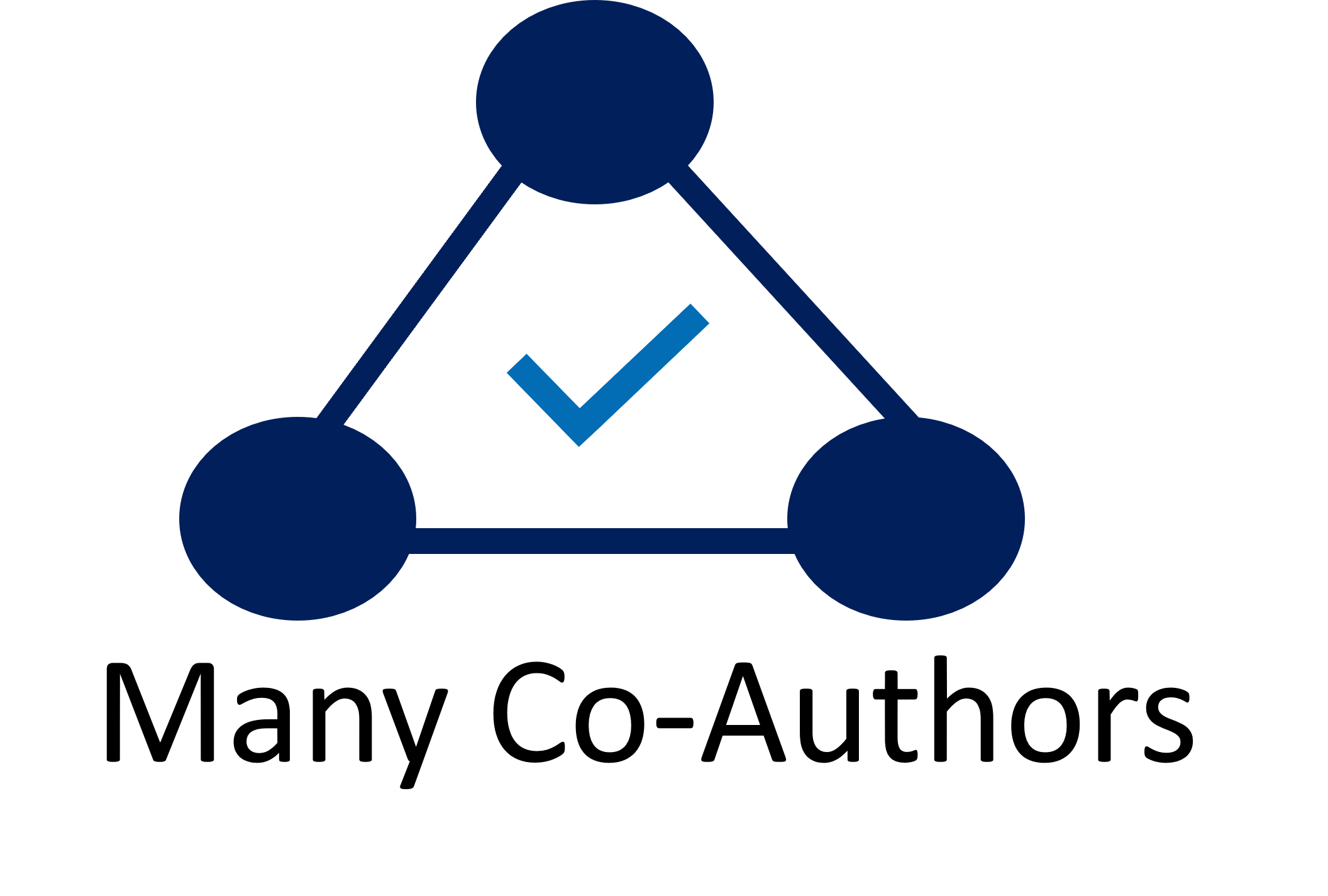

| Gino involved in data collection? |
Co-authors have/had raw data? |
Data for reproducing results available? | |
|---|---|---|---|
| Study 1 | Yes (2) |
Yes (2) |
Only authors (2) |
| Study 2 | Yes (2) |
No (2) |
Only authors (2) |
| Study 3 | Yes (2) |
No (2) |
Only authors (2) |
| Study 4 | Yes (2) |
No (2) |
Only authors (2) |
| Gino involved in data collection? | Co-authors have/had raw data? | Data for reproducing results available? | |
|---|---|---|---|
| Study 1 | Yes | Yes, and still do | Yes, but not posted |
| Study 2 | Yes | Never | Yes, but not posted |
| Study 3 | Yes | Never | Yes, but not posted |
| Study 4 | Yes | Never | Yes, but not posted |
| Gino involved in data collection? | Co-authors have/had raw data? | Data for reproducing results available? | |
|---|---|---|---|
| Study 1 | Yes | Yes, and still do | Yes, but not posted |
| Study 2 | Yes | Never | Yes, but not posted |
| Study 3 | Yes | Never | Yes, but not posted |
| Study 4 | Yes | Never | Yes, but not posted |
The paper reports four experimental studies testing the effect of adopting paradoxical frames on individual creativity. The research was launched in 2007 by Ella Miron-Spektor and Linda Argote. We designed the studies and conducted the first studies at the behavioral laboratory at Carnegie Mellon University with the help of Francesca Gino, the laboratory manager at that time. All studies were conducted in person at the laboratory, using hard-copy surveys. The data were coded manually with the help of RAs. The team worked closely to collect the data, analyze it and write the manuscript. Overall, we ran six studies for this project, of which four were included in the final publication of OBHDP.
The first manuscript reporting our study was included in the Best Paper Proceedings of the Annual Meeting of the Academy of Management in 2008:
· Miron-Spektor, E, & Argote, L. (2008). The effect of paradoxical cognition on individual and team innovation. Academy of Management Best Paper Proceedings, 10.5465/AMBPP.2008.33718126.
We invited Francesca Gino to collaborate on the work. On March 25, 2010, we submitted the paper to OBHDP. As part of the revision process, we removed two studies that did not include a control condition in which we activated both creativity and efficiency (creativity-efficiency condition). We ran three additional studies to test for the psychological mechanisms accounting for the effect of paradoxical frames on creativity. We received the R&R when the first author was on maternity leave. The data for the additional Studies were collected at Harvard Business School.
We have the original data for Study 1 and the datasets compiled from the questionnaires for Studies 2-4.
We had no reason to believe that anything was amiss in how data for the studies were collected and analyzed. Following the emerging recent concerns for data falsification in other papers by DataColada, we reran all the analyses and were able to replicate the findings reported in the paper.
In 2018, a replication study was published in Journal of Personality and Social Psychology, with another team of researchers who collected data using our manipulation on different samples. The paper reports five experiments.
· Leung, A., Liou, S. Miron-Spektor, E., Koh, B., Chan, D., Eisenberg, R., & Schneider, I. (2018). Middle ground approach to paradox: Within- and between-culture examination of the creative benefits of paradoxical frames. Journal of Personality and Social Psychology, 114 (3), 443-464.
Our goal in this cross-cultural study was to try to test whether the findings in the original paper (using US participants) replicate with East Asians, who tend to endorse the middle ground approach to tensions (e.g., Naïve Dialecticism, Peng & Nisbett, 1999). We replicated the positive effect of paradoxical frames on individual creativity both with Western and East Asian participants. In line with the original study, paradoxical frames increase the experience of conflict for all participants. However, sense of conflict increases creativity and mediates the effect of paradoxical frames on creativity only for participants with low middle ground endorsement (i.e., Western participants and East Asians who scored low on middle ground). We also found that integrative complex thinking moderates the effect of sense of conflict on creativity.
Several other empirical studies documented the effect of paradoxical frames on creativity and innovation, identifying new mediating mechanisms and boundary conditions. Related research on paradox mindset found similar effects on individual and team creativity. Studies that used the paradox mindset scale and manipulated paradoxical frames found similar results.
We are pleased to provide a list of studies conducted by other scholars who have utilized our manipulation and obtained similar findings.
Ella Miron-Spektor ella.miron-spektor@insead.edu and Linda Argote argote@andrew.cmu.edu